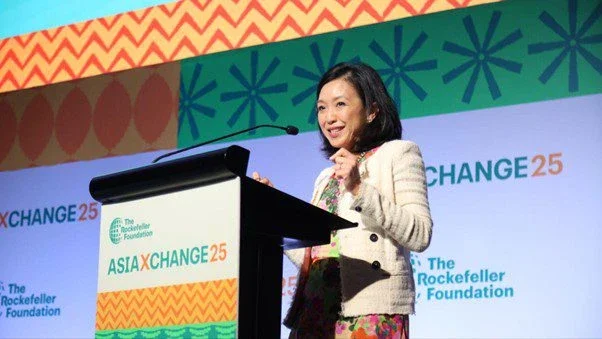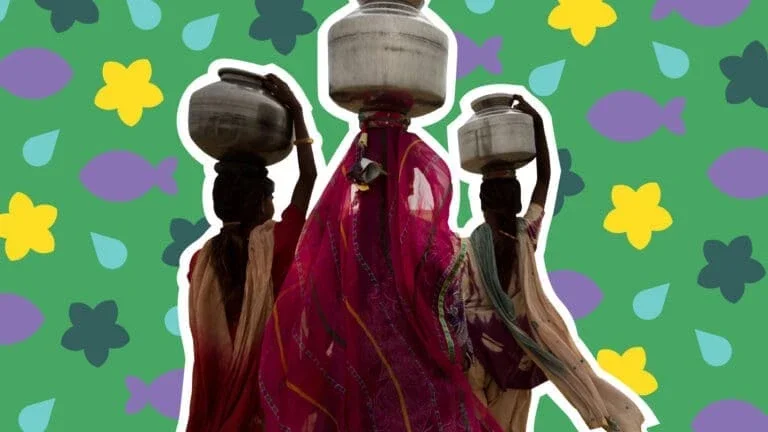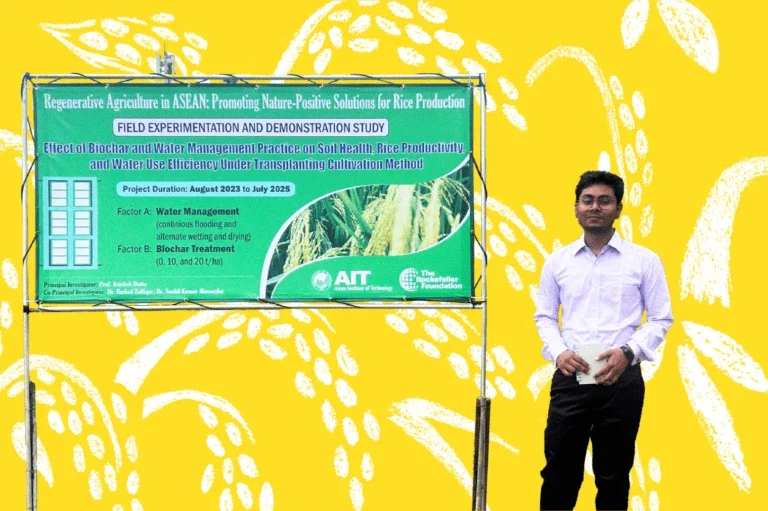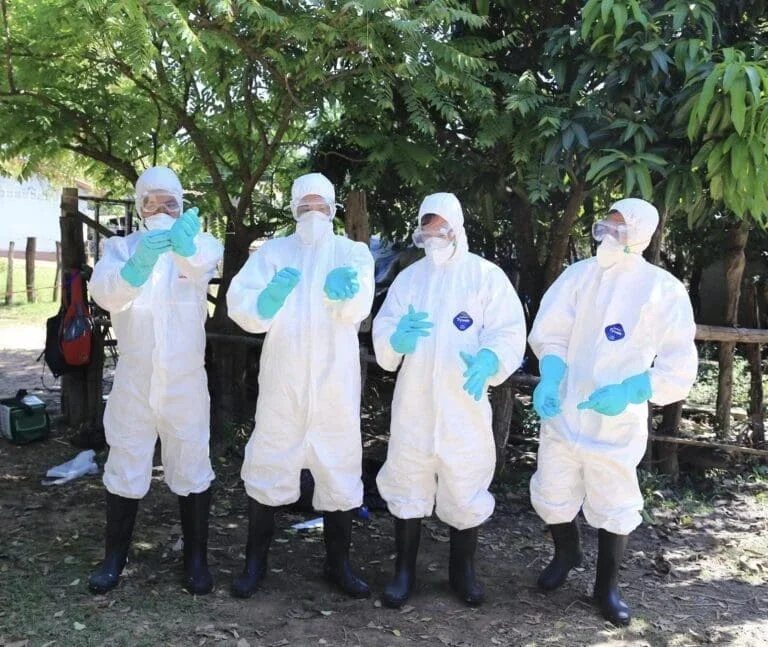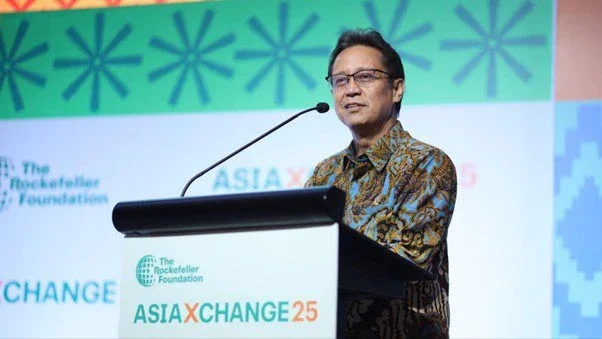
“Pathogens still claim more lives than wars — a reminder that progress in health lies not only in cures, but in prevention and preparedness. True security comes when we invest in the systems that keep our people healthy before they fall ill.”
— H.E. Budi Gunadi Sadikin, Minister of Health, Republic of Indonesia
“We are not just attracting investment — we are shaping it to serve our people. Growth must be inclusive, innovation must be shared, and prosperity must be built together.”
— H.E. Rosan Perkasa Roeslani, Minister of Investment and Downstream Industry, CEO Danantara Indonesia, Republic of Indonesia
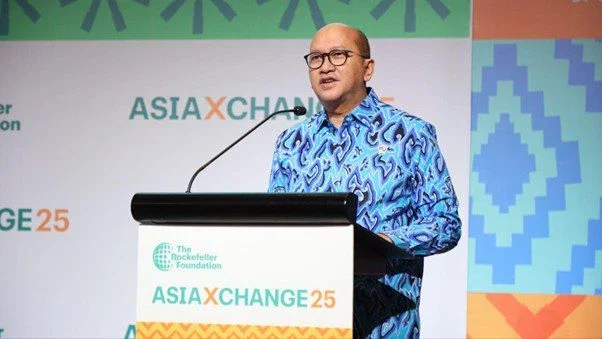
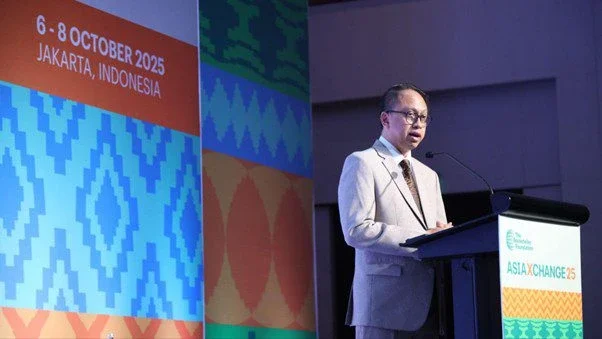
“True transformation demands collaboration — between nations, sectors, and communities. Only by learning from one another can we build the resilience and prosperity Asia deserves.”
— Edi Pambudi, Deputy Minister for Coordination of International Economic Cooperation, Coordinating Ministry of Economic Affairs, Republic of Indonesia
“Every child deserves not just a full stomach, but a fair chance — from nutrition in early childhood to opportunity in adolescence. Indonesia’s vision is to ensure that every generation grows with health, dignity, and hope.”
— Tigor Pangaribuan, Deputy of System and Governance, National Nutrition Agency, Republic of Indonesia
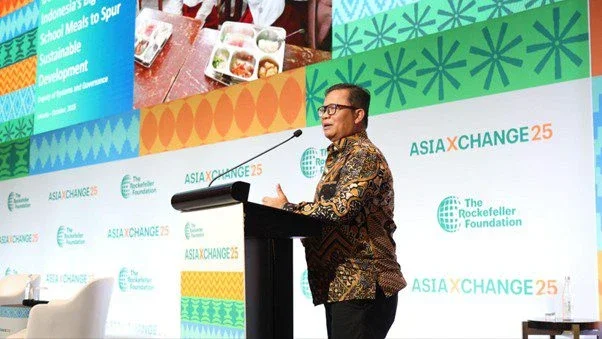
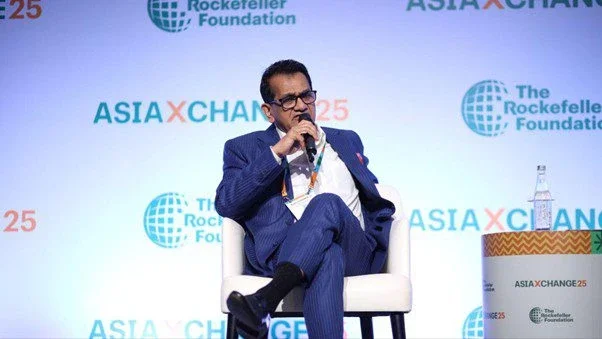
“Asia has lifted millions out of poverty through manufacturing and services. Our next big lever is trade within Asia — to create jobs, build resilience, and keep prosperity within the region.”
— Amitabh Kant, Former G20 Sherpa, Government of India
Inspire: Stories and solutions rooted in Asia, like regenerative agriculture programs, renewable energy innovations, and community-led digital health platforms showed that resilience is not theoretical. These are lived realities already lifting millions, ready to be adapted and scaled across borders.
“Storytelling is everything. It shapes how we see the world — and what we choose to change. When stories reflect truth and empathy, they turn awareness into action and inspire us to rise together.”
— Dia Mirza, Actor and UNEP Goodwill Ambassador
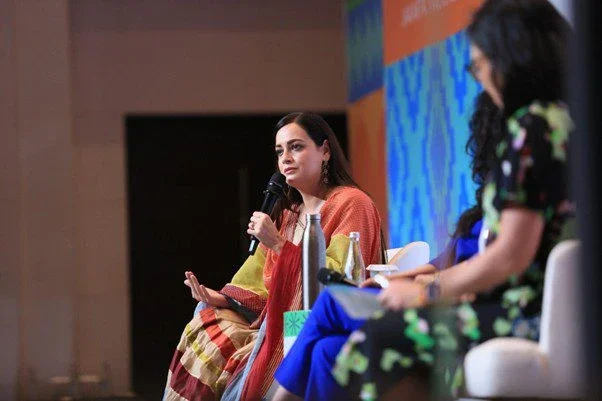
Connect: Dialogues such as Building from Within and Enterprise for Impact revealed a unifying insight: no single sector holds the answers. AsiaXchange created a platform where government strategies, private capital, and grassroots knowledge converged into shared roadmaps for impact.
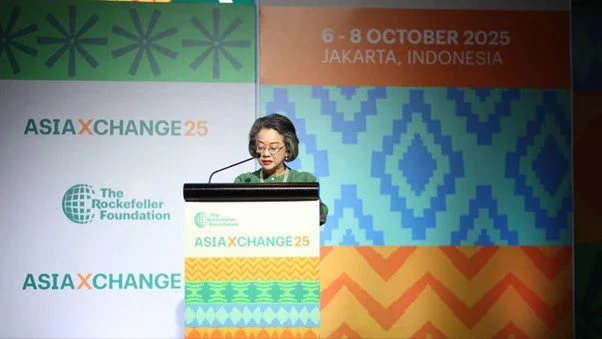
“Asia is undergoing green, urban, and demographic transitions all at once — and the true test of our leadership is whether we can make these transformations inclusive, resilient, and just for every community.”
— H.E. Armida Salsiah Alisjahbana, Executive Secretary, UN ESCAP
Invest: From blended finance to faith-based capital, sessions consistently reinforced that the future of development finance lies in inclusion and flexibility. Mobilizing Asia’s own wealth and directing it toward people-centered priorities emerged as the defining challenge of the decade.
“Philanthropy’s greatest potential lies in partnership — when capital, ideas, and communities move together, we stop funding projects and start building systems.”
— Shaun Seow, CEO, Philanthropy Asia Alliance
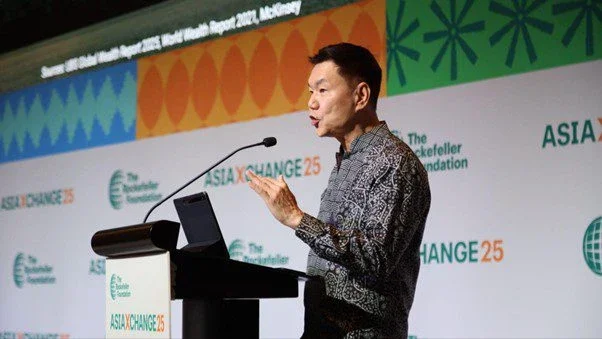
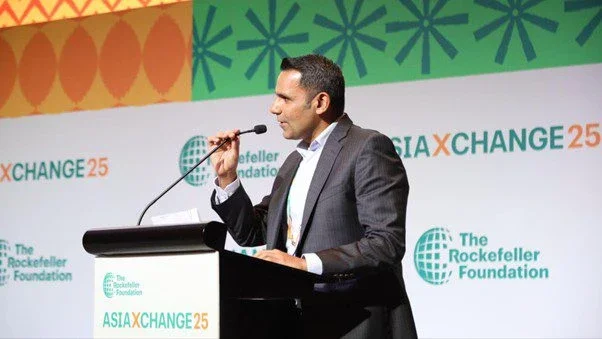
“Mobilizing domestic capital is not just about scale — it’s about trust. When local investors see impact aligned with national priorities, finance becomes a force for transformation.”
— Ritesh Thakkar, Senior Advisor and Head of Asia Pacific, Convergence Blended Finance
“Sustained growth depends on reforming the systems beneath it — labor, governance, and inclusion. True enterprise builds value not just for shareholders, but for society, by transforming those very foundations.”
— Govind Iyer, Board Trustee, The Rockefeller Foundation
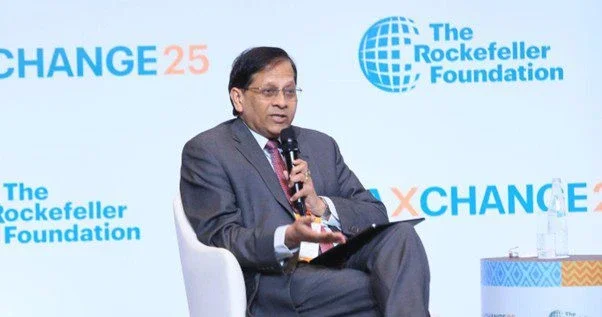
“The future of impact depends on how well we listen. Collaboration isn’t just aligning strategies — it’s recognizing leadership wherever it already exists.”
— Elizabeth Yee, Executive Vice President of Programs, The Rockefeller Foundation
